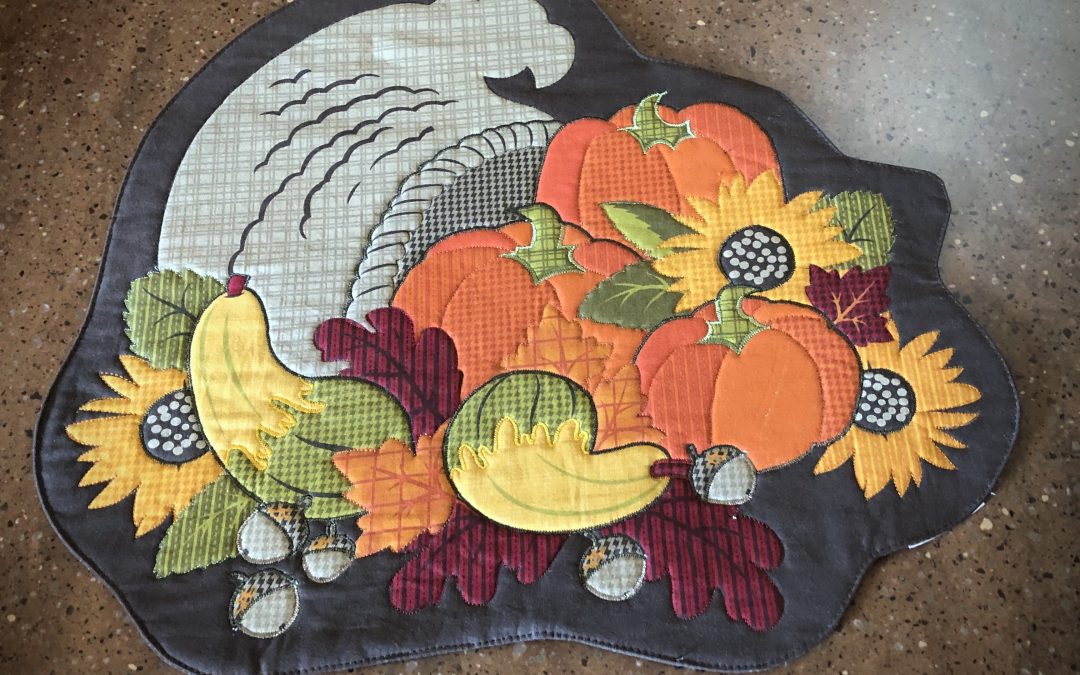My Morning Musings: Talking Turkey
Happy November! As we come upon the Thanksgiving holiday, it’s time to talk turkey. (Apologies to my Canadian friends here as you celebrated last month.) By this I mean, it’s time to dispel some myths surrounding this day of overindulgence, tiredness, and Trunkenheit (say that last word to yourself – you’ll figure it out.)
First up is overindulgence. There’s no getting around it: we’re going to eat way too much this November 26th. Not to worry, though. We’ve been training for it since March 17th. Fear not, the average person gains about 2 pounds over the Thanksgiving holidays. You can add that to your COVID weight or just subtract it from your current weight. It’s simple arithmetic, and there’s nobody looking over your shoulder while stepping on the scales. And there’s nobody coming to your house, so you might as well stay in your sweats so you can breathe easy after dessert.
That sluggishness is another matter though. I grew up thinking that I got tired after eating turkey (or drinking warm milk for that matter) because they contained tryptophan. Does this sound familiar to you? Well, let me break it to you gently, lots of protein-rich meals contain tryptophan, it’s not just turkey. So, what is this tryptophan? Tryptophan is an essential amino acid and a precursor – a biological forerunner- to serotonin, a feel-good chemical. Serotonin levels rise when we are happy, and some drugs used to treat depression work by maintaining serotonin levels in our bloodstream. In order for tryptophan to get into our brains and convert to serotonin, it must get through the blood-brain barrier (BBB), which is a border of cells guarding our precious gray matter. This semipermeable membrane is a gatekeeper allowing the passage of some substances but preventing others. It’s picky, like those Ivy League schools. But when we eat protein-rich foods, there are other amino acids along with tryptophan competing for entry into our brains. So, it’s not turkey making us tired, it’s likely gluttony. When we eat a lot, our stomachs and intestines stretch. (You know what I’m talking about…you undo the top button, er, drawstring on your pants and stand up so you can breathe.) When we digest food, we’re activating the parasympathetic nervous system, the rest-and-digest response. This is the counterbalance to the sympathetic “fight-or-flight” response. This means that more blood and physiological energy is spent dealing with the food you just ate, instead of shuttling to your muscles or your big head. This is the response your mother warned you about as a kid when she told you not to go swimming after you ate. She knew that your parasympathetic nervous system would be active, and it would be bad news for you if you engaged in physical activity. If you’re still doubtful, you can try it on your own: Go for a run right after eating and see what happens. Anyhow, during resting and digesting, your heart rate slows, your blood pressure decreases, digestive activities ramp up and you feel sluggish. You’re also likely not working on this day, so taking a nap just seems like the right thing to do.
The one other culprit on our day of giving thanks just might be Mr. Al K. Hall. This guy knows how to party, and too much imbibing has a lulling effect. While our digestive system is busy breaking down all the food and liquid we ingest, alcohol is easily absorbed across the lining of our digestive system organs, entering our bloodstream, and traveling to all parts where our blood flows. That includes the brain. But, we have that blood-brain barrier, right? Yep, we do. But ethanol (the actual name for beverage alcohol) crosses the BBB quite readily. The reason is because of its chemical characteristics: alcohol is lipid soluble, and it “mixes” easily with the fat in the BBB’s membrane and slips right through to that lovable brain of ours, inhibiting electrical impulses in our nerve cells (neurons). With decreased neuron firing, neural communication is disrupted, we’re intoxicated, and soon we’re drifting off to slumber land. So, eat, drink, and sleep! Happy holiday!
Signing Off for Science

